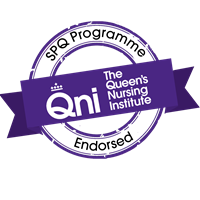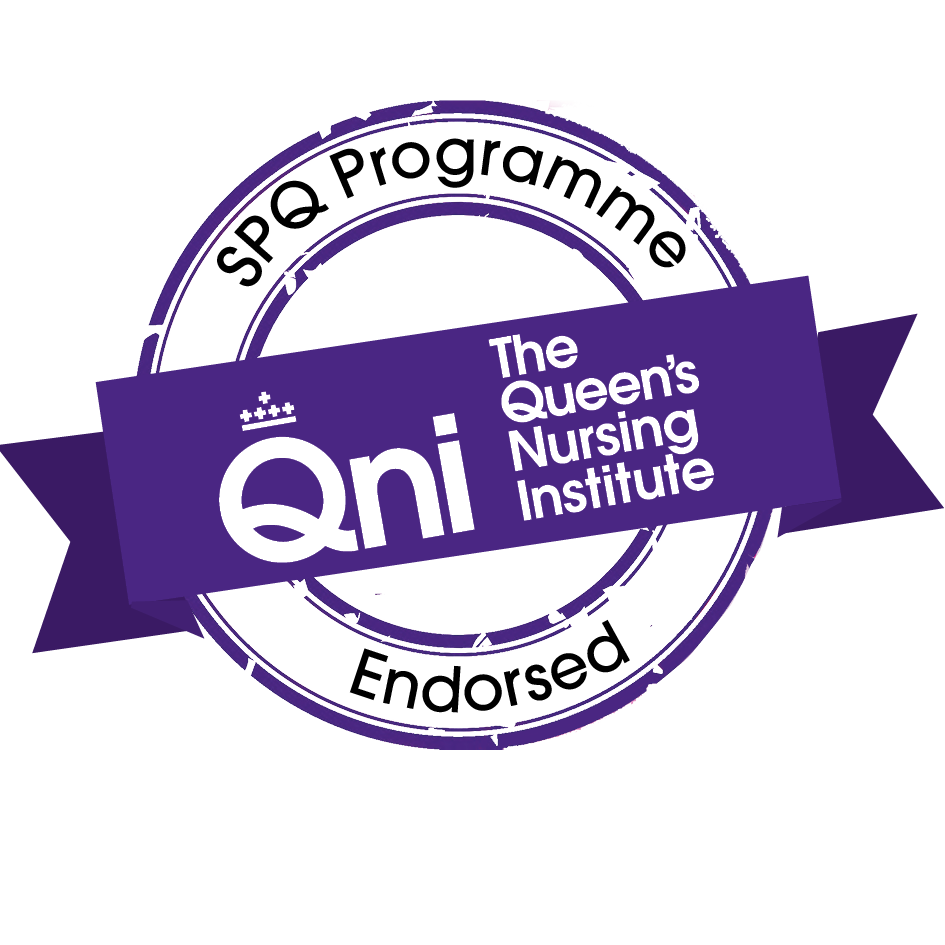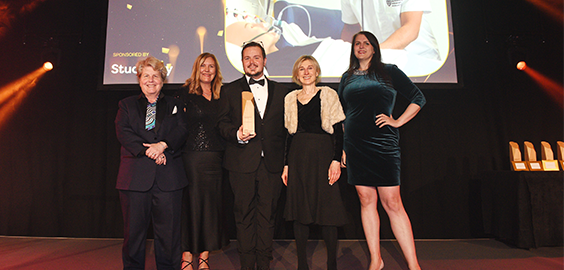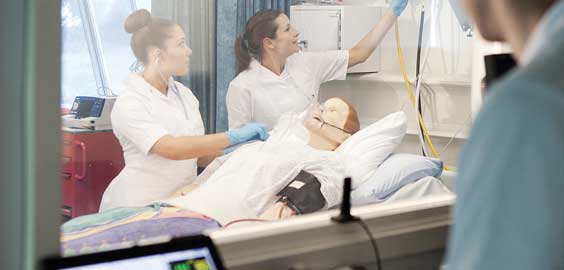This module focuses on advanced clinical skills assessment in community specialist practice and is a core module for those students undertaking the community specialist practice qualification (SPQ) pathways; district nursing, adult social care and general practice nursing. This module is for students studying either the full time or part time programmes. If you are studying full time, the delivery of this module will be in semester one of the programme. If you are studying part time, the delivery of this module will be year-long, starting in semester one, year one. This is to accommodate for the inclusion of the formative programme Practice Assessment Document (PAD), which is your record of ongoing achievement, with formative assessment of practice through year one of your programme.
You will be supported to strengthen and develop your knowledge base in relation to conducting, interpreting, and evaluating complex health and social care needs for adults, working in partnership with their families and carers. You will be drawing upon principles of person and family centred care to inform your specialist practice. You will develop your practice in addressing the physical and psychosocial dimensions within clinical assessment, taking into consideration epidemiology, community demography and social determinants of health and illness. Advanced communication skills will be developed, and you will be supported to apply strategies to deliver person-centred care in complex circumstances.
The module will have a distinct focus on common as well as complex conditions encountered when caring for people accessing services relevant to your specific field of practice.. Each pathway has a bespoke route to learning, focusing on systems and complexities relevant to your pathway. This will be reflected in your summative assessment, based on real-world clinical situations assessed via an OSCE. Teaching will adopt a body systems approach with a range of seminars, practical workshops, tutorials, and Online Supported Learning (OSL) packages. Sessions will focus specifically on health conditions examining the physiology, pathophysiology, and relevant pharmacology, as identified in the co-production of this module with our stakeholders and employing partners. In addition, you will have the opportunity to understand the application of genomics and epigenetics in informing person and family centred care. Frailty, end of life-care and the management of long-term conditions will also form part of your educational journey, allowing for the exploration of contemporary themes that will connect key learning themes structured throughout the programme.
You will develop your autonomous practice and ability to lead, and manage whole episodes of care for adults, understanding when to admit, discharge or refer as appropriate. You will have the opportunity to advance your specialist knowledge, critical thinking, and decision-making skills, undertaking comprehensive clinical assessments, focusing on practice-based scenarios. Similarly, you will be supported to analyse a range of informatics, including clinical investigations, to assist your assessment and diagnosis, distinguishing between normal and abnormal findings across the differing needs of complex and varied populations. You will also demonstrate your ability to accurately document your findings, identifying pertinent clinical and care solutions and effectively communicate these appropriately within the inter-professional team as well as to those involved as part of the care. This will include demonstrating necessary skills to plan care in partnership, maximising opportunities for self-management.
For part-time students, because this module includes your Practice Assessment Document (PAD) which is your ongoing record of achievement. You will be supported in practice by a Practice Assessor (PA) as well as Practice Supervisors (PS) as part of your formative assessment. You will receive semesterly progress review meeting support from an appropriate Academic Assessor (AA) and your PA in your clinical placement setting. These will be held at each semester throughout year one of your programme, where you will gain experience and insight into your professional role, ensuring you are supported with the achievement of the required NMC standards of proficiency.
More information
 Option for Placement Year
Option for Placement Year Option for Study Abroad
Option for Study Abroad















